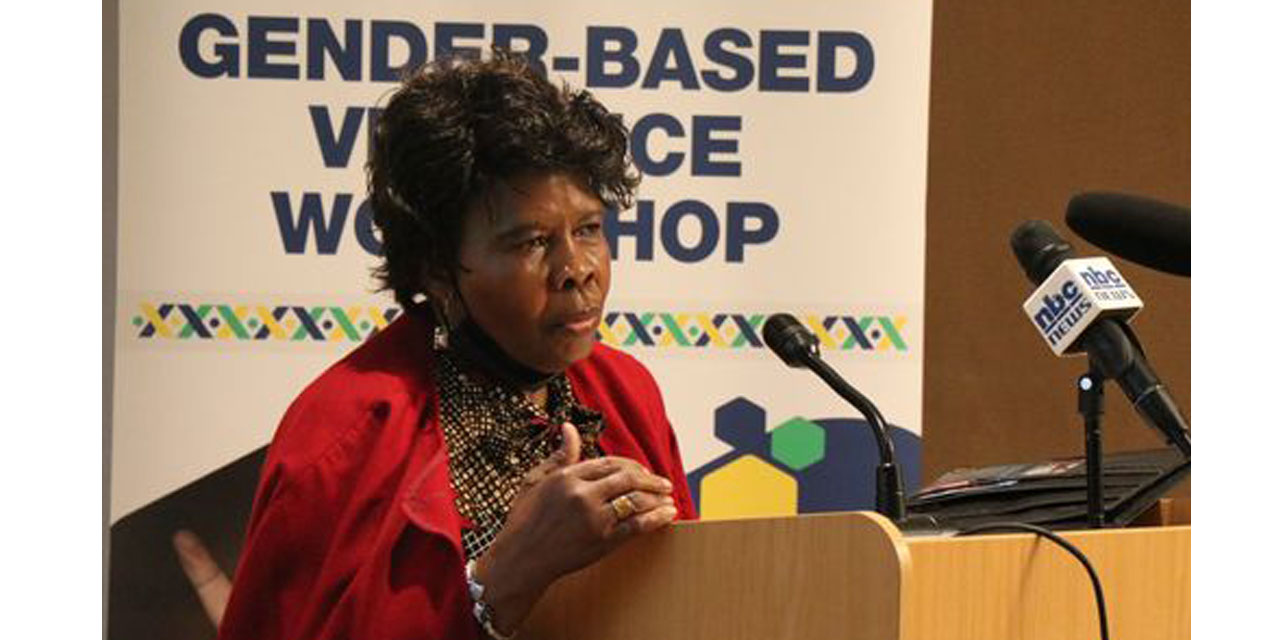Martin Endjala
Namibia’s alarming rate of killings, sexual assaults committed with impunity against women and the girl child has resulted in the country being hostile environment for these vulnerable groups.
The deputy speaker of the National Assembly Loide Kasingo says women can bring the much needed change given their naturally assumed role of caregivers.
The NA deputy speaker said this today during the opening of the Parliamentary Standing Committee
on Gender, Social Development and Family Affairs partnership at the SADC workshop that started in Swakopmund today.
She stressed that lawmakers and policy regulators can spend time on coming up with new laws but it
will not yield any results if women and men cannot even educate their own households.
“How many of you here today can assertion that when you get off work you sit down and talk to your daughter and son, probably only a few do it, which is why GBV still goes on, because we are failing to educate our sons and daughters, as parliamentarians we make laws but failing in our households,” Kasingo states lamented.
She explained that she purposely highlighted women, for she believes that women have it in them to change the country’s alarming GBV rate. Kasingo also emphasized that when such workshops are held, it should be extended to youth participations, including ordinary members from the affected communities.
Recently the Ministry inaugurated a GBV rehabilitation courtroom at the Katutura Magistrates for GBV victims to testify in friendly environment.
During the opening GBV victims, particularly women, were told not to withdraw cases against their perpetrators, instead they were advised to allow the law to run its course and hold them accountable.
Kealeboga Moruti, SADC representative applauded Namibia for adopting comprehensive legal
frameworks that protect both women and children, as well as GBV victims.
Moruti said that the region needs to come up with coordinated approaches to counter GBV through its SADC 2050 regional plan.
The SADC body is currently working on interventions to rehabilitate GBV perpetrators and will soon
come up with regional guidelines. The workshop is supported by the European Union under the Peace and Security programme.




